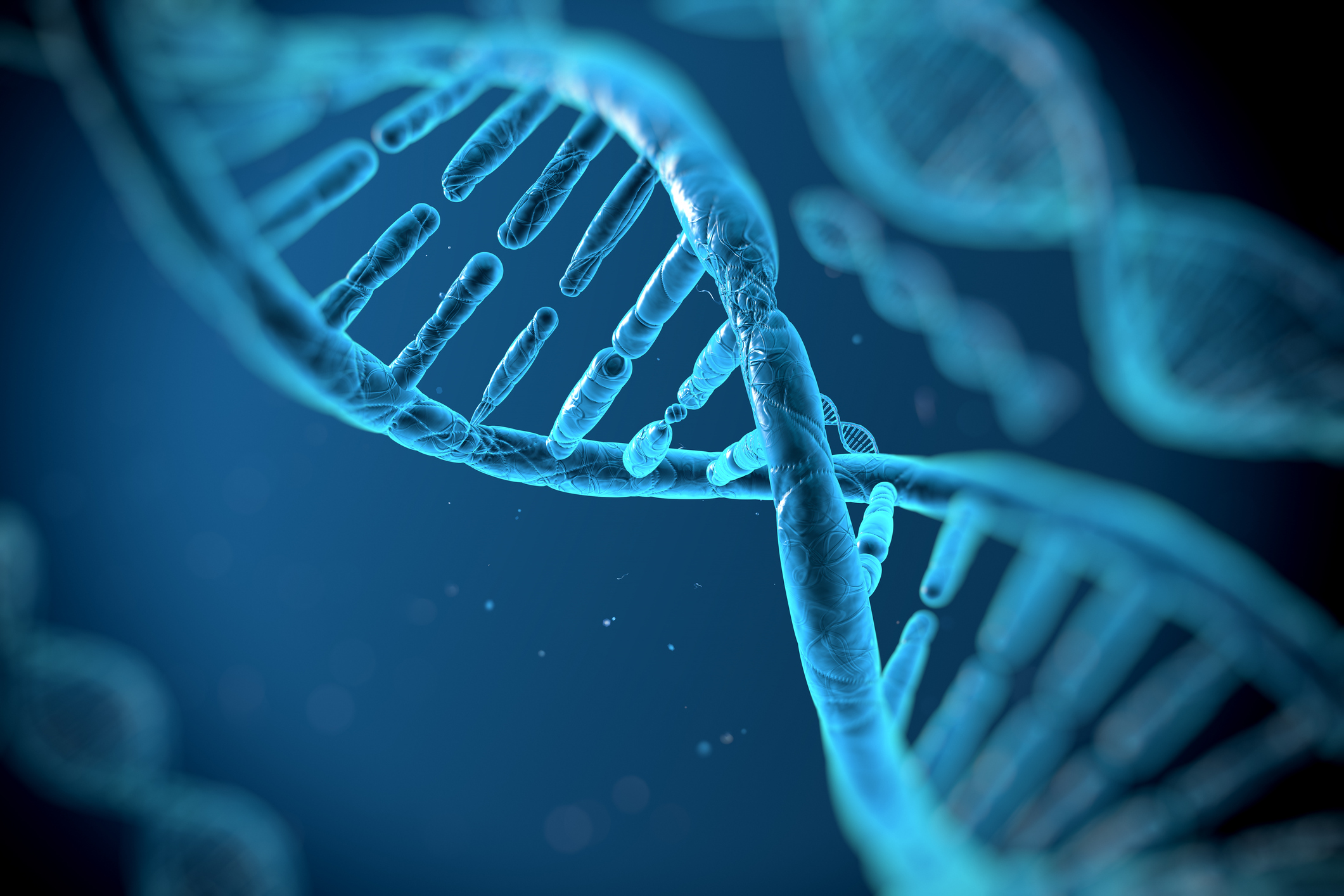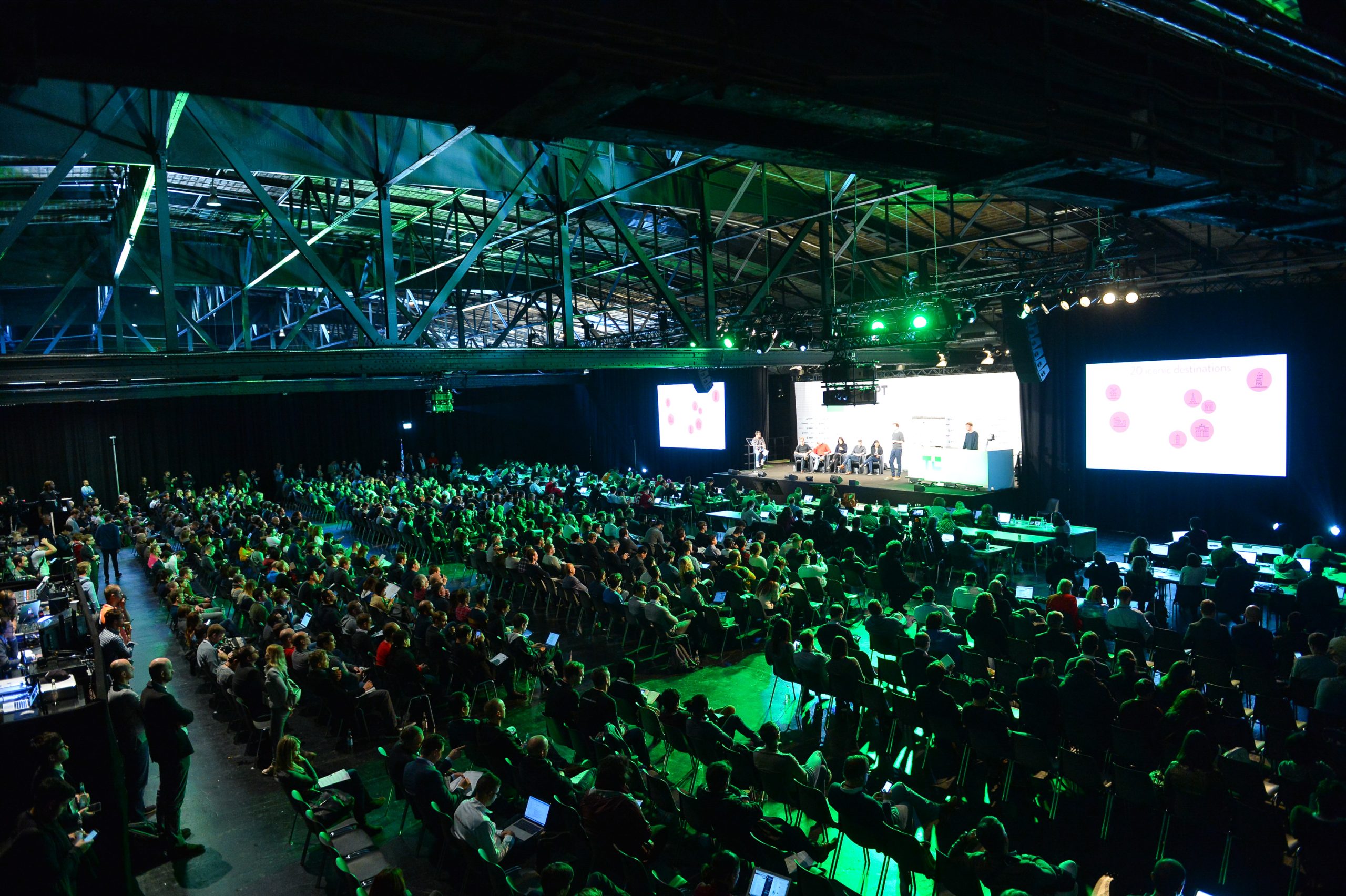
A biotech venture named Nephrogen is poised to revolutionize the treatment landscape for chronic kidney disease, particularly genetic forms like Polycystic Kidney Disease (PKD), by integrating advanced artificial intelligence with groundbreaking gene therapy. This ambitious startup, slated to present at TechCrunch Disrupt 2025 in San Francisco, aims to move beyond managing symptoms to offering a potential cure through precision gene editing and an innovative drug delivery system. The company’s mission is deeply personal for its founder, Demetri Maxim, whose own family history with kidney disease, including his mother’s journey through dialysis and transplantation, and his personal diagnosis with PKD, fueled his relentless pursuit of a curative solution.
The Silent Epidemic: Understanding Kidney Disease
Chronic Kidney Disease (CKD) represents a significant global health challenge, affecting an estimated one in seven adults in the United States alone. This progressive condition leads to a gradual loss of kidney function, eventually culminating in End-Stage Renal Disease (ESRD) where the kidneys can no longer adequately filter waste products from the blood. At this stage, patients require life-sustaining treatments such as dialysis or a kidney transplant. Dialysis, while critical, is an arduous and time-consuming process, often requiring patients to spend several hours multiple times a week connected to a machine. Kidney transplantation offers a better quality of life but is limited by organ availability, the need for lifelong immunosuppression to prevent rejection, and the potential for long-term complications.
Among the various causes of CKD, genetic conditions account for approximately 10% of cases. Polycystic Kidney Disease (PKD) is the most common inherited kidney disorder, characterized by the growth of numerous fluid-filled cysts in the kidneys. These cysts gradually enlarge, damaging the kidney tissue and leading to a decline in function. PKD often progresses silently for years, with symptoms like back pain, hypertension, and urinary tract infections becoming more pronounced as the disease advances. Current therapeutic options for PKD are largely supportive, focusing on managing symptoms, slowing disease progression with drugs that have significant side effects, and ultimately, preparing for renal replacement therapy. The physical and emotional toll on patients and their families is immense, underscoring the urgent need for more effective, disease-modifying treatments.
A Turning Point: CRISPR and the Dawn of Gene Therapy
The journey towards Nephrogen’s innovative approach began with a pivotal scientific discovery in 2021. A study published in Nature Magazine demonstrated that Polycystic Kidney Disease could be reversed in mice using CRISPR gene-editing technology. This breakthrough ignited a spark for Demetri Maxim, who was at the time pursuing a graduate degree in computational biology at Stanford University, while simultaneously conducting kidney research under Professor Vivek Bhalla. The study provided compelling evidence that correcting genetic defects could fundamentally alter the course of PKD, moving beyond palliative care to a restorative solution.
Gene therapy, the technique of modifying a person’s genes to treat or cure disease, has a complex and often challenging history. Early attempts in the late 20th century faced significant setbacks, including safety concerns and limited efficacy, leading to a period of skepticism. However, persistent research, particularly in the development of safer viral vectors and more precise gene-editing tools, has revitalized the field. The advent of CRISPR-Cas9 (Clustered Regularly Interspaced Short Palindromic Repeats) technology in the early 2010s marked a true revolution. CRISPR acts like molecular scissors, allowing scientists to precisely cut and paste DNA sequences, offering unprecedented control over genetic material. This precision holds immense promise for correcting the single-gene mutations responsible for conditions like PKD. While CRISPR has opened doors to treating a myriad of genetic disorders, a persistent hurdle remains: efficiently and safely delivering these gene-editing tools to the specific cells within the affected organs.
The "Last Mile" Challenge: Precision Delivery
The critical challenge identified by Maxim, even with the promise of CRISPR, was the "last mile" problem of gene therapy – how to create a mechanism that could deliver the complex gene-editing machinery directly and safely to the diseased cells within the kidney. Kidneys are intricate organs, and their unique architecture and cellular diversity make targeted delivery exceptionally difficult. Traditional viral vectors, while effective in some applications, often lack the specificity needed for kidney-specific targeting and can elicit undesirable immune responses or off-target effects.
Recognizing this formidable obstacle, Maxim founded Nephrogen in 2022. The startup’s core innovation lies in its proprietary delivery system, which leverages the power of artificial intelligence and advanced screening techniques. By combining computational biology with experimental validation, Nephrogen aims to design novel "vehicles" – likely specialized nanoparticles or engineered viral capsids – that can navigate the body’s complex biological pathways, specifically recognizing and entering only the kidney cells affected by the disease. This precision is paramount for both efficacy and safety, minimizing potential side effects on healthy tissues. After three years of intensive research and development, Nephrogen claims to have achieved a significant breakthrough: a delivery mechanism that is reportedly 100 times more efficient at transporting therapeutic cargo to kidney cells compared to the delivery vehicles currently approved by the U.S. Food and Drug Administration (FDA) for other applications. This substantial improvement in efficiency could be a game-changer, potentially allowing for lower dosages, reduced systemic exposure, and a greater therapeutic window.
AI’s Transformative Role in Drug Discovery
Nephrogen’s reliance on artificial intelligence is not merely a buzzword but a fundamental component of its strategy. In the highly complex and data-intensive field of drug discovery and development, AI is rapidly becoming an indispensable tool. Traditional drug development is a notoriously lengthy, expensive, and high-risk process, with a high attrition rate of candidates failing in clinical trials. AI, particularly machine learning algorithms, can sift through vast datasets of genomic information, protein structures, and patient data at speeds and scales impossible for human researchers.
For Nephrogen, AI is likely employed in several critical areas. It can be used to identify optimal gene targets within the kidney cells associated with PKD. More crucially, AI algorithms can analyze vast libraries of potential delivery molecules or viral vector designs, predicting their interaction with kidney cells, their stability in the bloodstream, and their potential for immunogenicity. This accelerates the design and optimization of their specialized delivery system, allowing researchers to rapidly iterate and refine candidates without the need for exhaustive, time-consuming laboratory experiments for every single permutation. Furthermore, AI can aid in predicting the pharmacokinetics and pharmacodynamics of their gene therapy agents, offering insights into how the drug will be absorbed, distributed, metabolized, and excreted in the body, ultimately guiding the selection of the most promising candidates for preclinical and clinical testing. This computational advantage not only speeds up the development timeline but also significantly reduces the costs associated with traditional R&D.
The Road Ahead: Clinical Trials and Market Impact
The next major milestone for Nephrogen is to transition its novel delivery mechanism, coupled with a proprietary gene-editing drug designed to reverse PKD, into human clinical trials. Maxim anticipates these crucial studies will commence in 2027. The path to regulatory approval for any new drug, especially a gene therapy, is rigorous and lengthy, typically involving several phases of clinical trials to assess safety, dosage, and efficacy. Phase 1 trials focus on safety in a small group of healthy volunteers or patients; Phase 2 expands to a larger patient group to evaluate efficacy and continued safety; and Phase 3 involves hundreds or thousands of patients to confirm efficacy and monitor adverse reactions over a longer period. The success rates for drugs progressing through all phases of clinical trials, particularly for novel modalities like gene therapy, can be challenging, underscoring the significant investment and scientific hurdles involved. To support these upcoming clinical endeavors, Nephrogen is actively raising a $4 million seed round, a critical step to fund further research, manufacturing, and regulatory filings.
Maxim’s personal connection to the disease extends to his intention to participate in the clinical study himself. His firsthand experience with PKD — enduring chronic back pain, frequent hospital visits, and the frustration of treatments that offer little relief beyond minor symptom management and significant side effects like constant urination — highlights the profound impact of the disease. "You are on this drug that’s supposed to slow the progression, but it doesn’t really do anything," he noted, expressing the constant threat of needing dialysis. This personal commitment underscores the deeply human motivation behind Nephrogen’s scientific ambition.
If successful, Nephrogen’s approach could fundamentally transform the lives of millions globally affected by genetic kidney diseases. Beyond the immediate health benefits for patients, a curative gene therapy for PKD would have a monumental impact on the healthcare system. It could significantly reduce the immense costs associated with lifelong dialysis, repeated hospitalizations, and complex transplant procedures and post-transplant care. The market for kidney disease treatments is vast, currently dominated by dialysis providers and pharmaceutical companies offering supportive care. A truly curative therapy would create a new, high-value segment, attracting significant investment and potentially shifting the paradigm of care from chronic management to disease eradication for suitable candidates.
Nephrogen’s presentation at TechCrunch Disrupt 2025, a premier event for showcasing innovative startups, places it among a select group of finalists in the Startup Battlefield. This platform offers not only visibility to investors and industry leaders but also validation of the company’s potential. As the biotech industry continues to merge with technological advancements like AI, companies like Nephrogen stand at the forefront, pushing the boundaries of what is medically possible and offering a glimmer of hope for conditions once considered irreversible. The intersection of personal drive, scientific innovation, and cutting-edge technology positions Nephrogen as a promising entity in the quest to conquer kidney disease.





